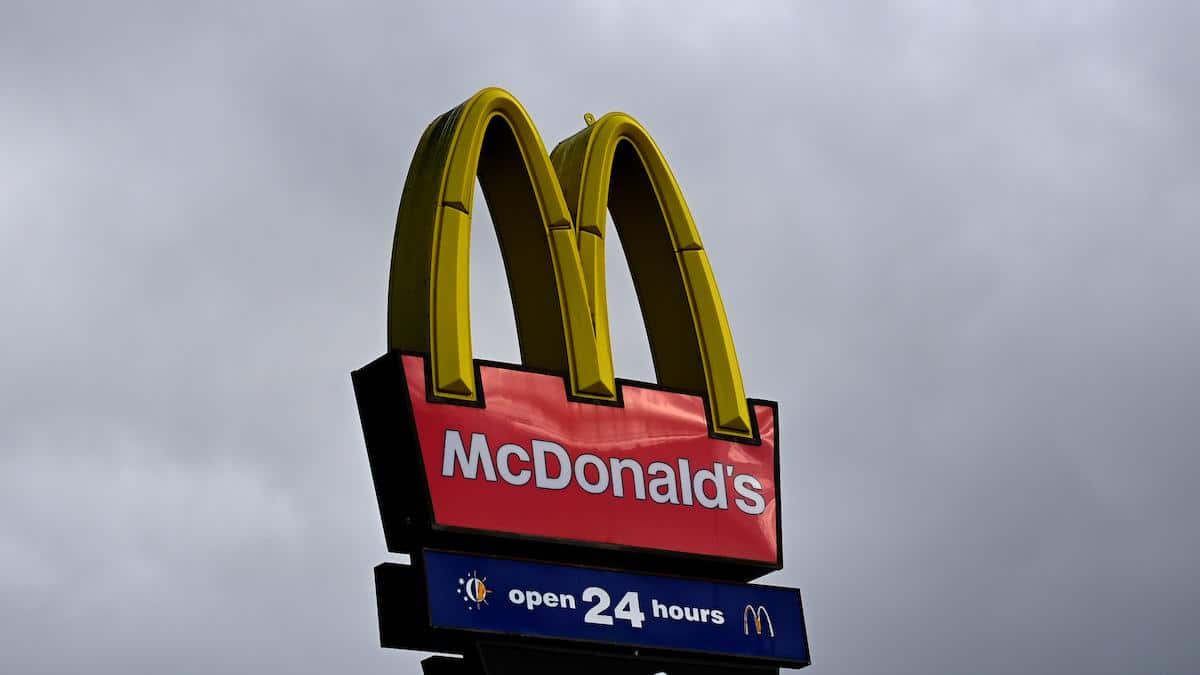

By Jenna McGuire
A prominent climate group accused the McDonald’s corporation of another greenwashing stunt on Monday after the burger giant announced it would cut global greenhouse gas emissions to net-zero by 2050.
“This is another stunt in a long line of greenwashing trends from McDonalds,” said Jennifer Molidor, senior food campaigner at the Center for Biological Diversity, in a statement. “Net zero is not a climate solution, it’s an accounting trick. The company’s beef footprint alone produces more than 22 million metric tons of greenhouse gases annually. If McDonald’s changed its menu immediately it would make a big difference but waiting until 2050 is insufficient to avoid climate catastrophe. We don’t have 30 more years to get this right.”
The company’s 2050 net-zero target includes everything from its beef production to the light bulbs in its restaurants. The fast-food chain also revealed it is working with the nonprofit Science Based Targets initiative (SBTi) to improve its existing climate targets and aims to lower total emissions by about a third for both its suppliers and its nearly 40,000 company-run and franchised restaurants around the world by 2030.
“We’re trying to send a signal to our partners, to our investors, to our suppliers, to other brands in the global community, to policymakers, that we share that vision for 2050,” McDonald’s chief sustainability officer Jenny McColloch told Reuters in an interview. McDonald’s is one of the largest beef purchasers in the world ― and the vast majority of its total emissions are produced by its supply chain, which includes beef, chicken, dairy, and other proteins.
The company’s announcement comes as environmentalists continue to warn about the dire impacts of animal agriculture, including a September report published in Nature Food that detailed how global food production accounts for more than a third of all greenhouse gas emissions, with meat and dairy responsible for twice as much planet-heating carbon pollution as plant-based foods.
As reported in Common Dreams, according to the study, beef production contributes 25% of all food-based greenhouse gas emissions — by far the biggest culprit, followed by cow’s milk, pork, and chicken. A 2019 special report on climate change and land by the Intergovernmental Panel on Climate Change (IPCC) recommended plant-based diets as a major opportunity for mitigating and adapting to the climate crisis ― and included a policy recommendation to reduce meat consumption.
Reposted with permission from Common Dreams.

 233k
233k  41k
41k  Subscribe
Subscribe 